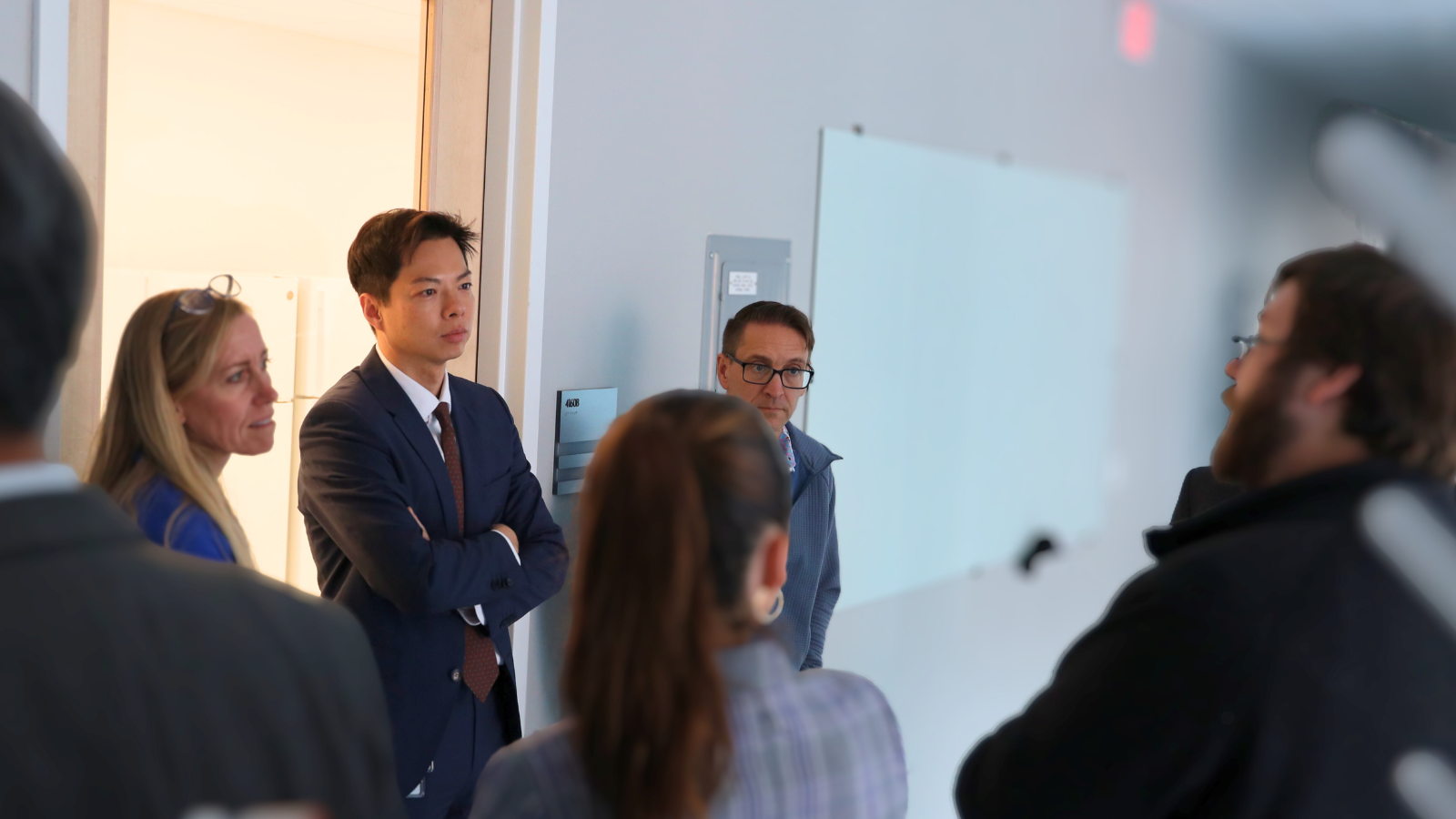No article found or not published for this site.










Recent Stories
Stories / Feb 23, 2026
BIOE Announces Fall 2025 Instructional Impact Awards

Stories / Feb 20, 2026
Grace O’Connell Selected for National Academies New Voices...

Stories / Feb 19, 2026
John Fisher Named Director of Notre Dame’s Bioengineering &...

Stories / Feb 12, 2026
BIOE Riley Schoch Selected as Rural-MD Scholar at UMSOM

Stories / Feb 9, 2026
Struggling With Fibroids, UMD Researcher Seeks to Engineer a...

Stories / Feb 6, 2026
UMD Bioengineering Contributes to ARPA-H PRINT Program Focusing...

Stories / Jan 30, 2026
BIOE Researchers Publish Study Advancing Probiotic Vesicle...

Stories / Jan 16, 2026
Cholesterol Found to Play Key Role in Protecting the...

Stories / Dec 3, 2025
Using Innovation to Advance Ethical and Translational Brain...

Stories / Nov 21, 2025
Engineering at Maryland magazine solves for excellence
